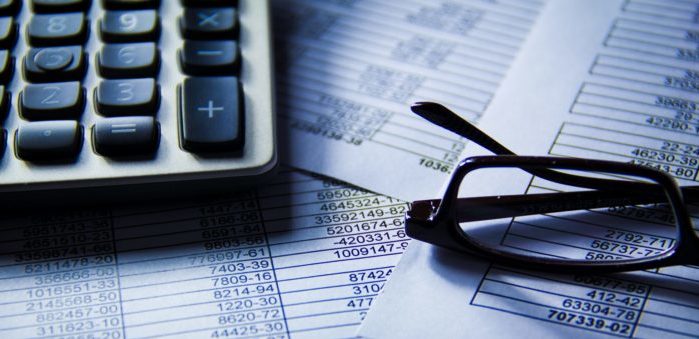Maersk is now increasing fuel surcharge imposed on the transport of boxloads of goods as the implementation of the new environmental rules sent the industry’s costs soaring.
According to a notice of the company, A.P. Moller-Maersk A/S, which ships almost one in every five containers moved by sea, is to impose a fuel surcharge of $50 to $200 per box across trade routes.
As Maersk has communicated, the switch of marine fuel to comply with the IMO Sulphur Cap regulation would bring substantial cost increase for ocean shipping, as fuel cost would account for an even larger portion of total freight rate.
At the same time, an increased volatility in fuel price was also anticipated.
As Maersk informs, in recent months- and more so in recent weeks, VLSFO prices have registered a substantial increase.
What is more, Bloomberg stresses that in parts of India, vessels are at risk of coming to a halt due to limited supplies. Meanwhile, some new fuels have been found to contain potentially dangerous sediment.
VLSFO prices in Singapore, Asia, for a period exceeded 700 USD/TON, more than 20% increase compared to the previous bunker prices used for the Bunker Adjustment Factor (BAF) and Environmental Fuel Fee (EFF) calculation.
The average increase in January thus is expected to exceed USD50/mt.
Accordingly, Maersk will apply the additional monthly trigger defined in our Bunker Adjustment Factor (BAF) and Environmental Fuel Fee (EFF) formulas and the new tariffs will be effective 1 March 2020.
Maersk uses Bunkerworld’s fuel price index 0.5% Sulphur fuel oil (VLSFO) for the BAF and EFF calculation. The period used for the calculation will be 26 DEC’19 to 25 JAN’20 and compared to the following figures:
- BAF: Average bunker price from 26 AUG’19 to 25 NOV’19 (537,99 USD/TON)
- EFF: Average bunker price from 26 SEP’19 to 25 OCT’19 (547,37 USD/TON)
The tariff increases will be seen across all trades with an increase range between 50 to 200 USD per FFE, reflecting the increased fuel costs associated seen during recent weeks.
Bloomberg highlights that it currently costs $1,520 to transport a 40-foot box from Hong Kong to Los Angeles; this is 22% lower than a year ago.
Maersk stresses that the actual increases per trade will be communicated by end January.
Rahul Kapoor, head of research at IHS Markit, Maritime and Trade, quoted to Bloomberg stressed that “it’s still early days how higher fuel costs would have a meaningful impact on trade volumes,” adding that
Others will definitely take lead from Maersk and follow with their own surcharges.
Per Hansen, an investment economist at stock trader NordNet, stressed that
If Maersk doesn’t succeed in moving the extra fuel costs over to its clients and/or if Maersk doesn’t get a reasonable return on its investments in scrubbers on selected vessels, there’s only one left to pay the bill: the company and thereby the shareholders.






























































